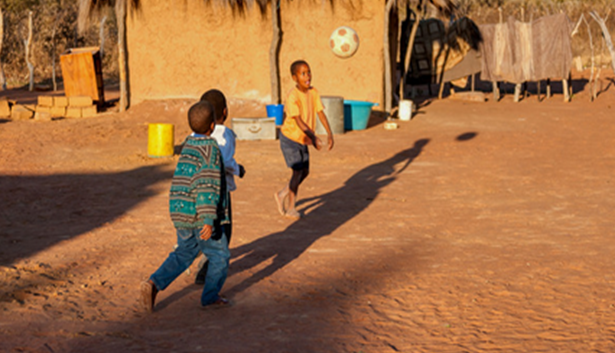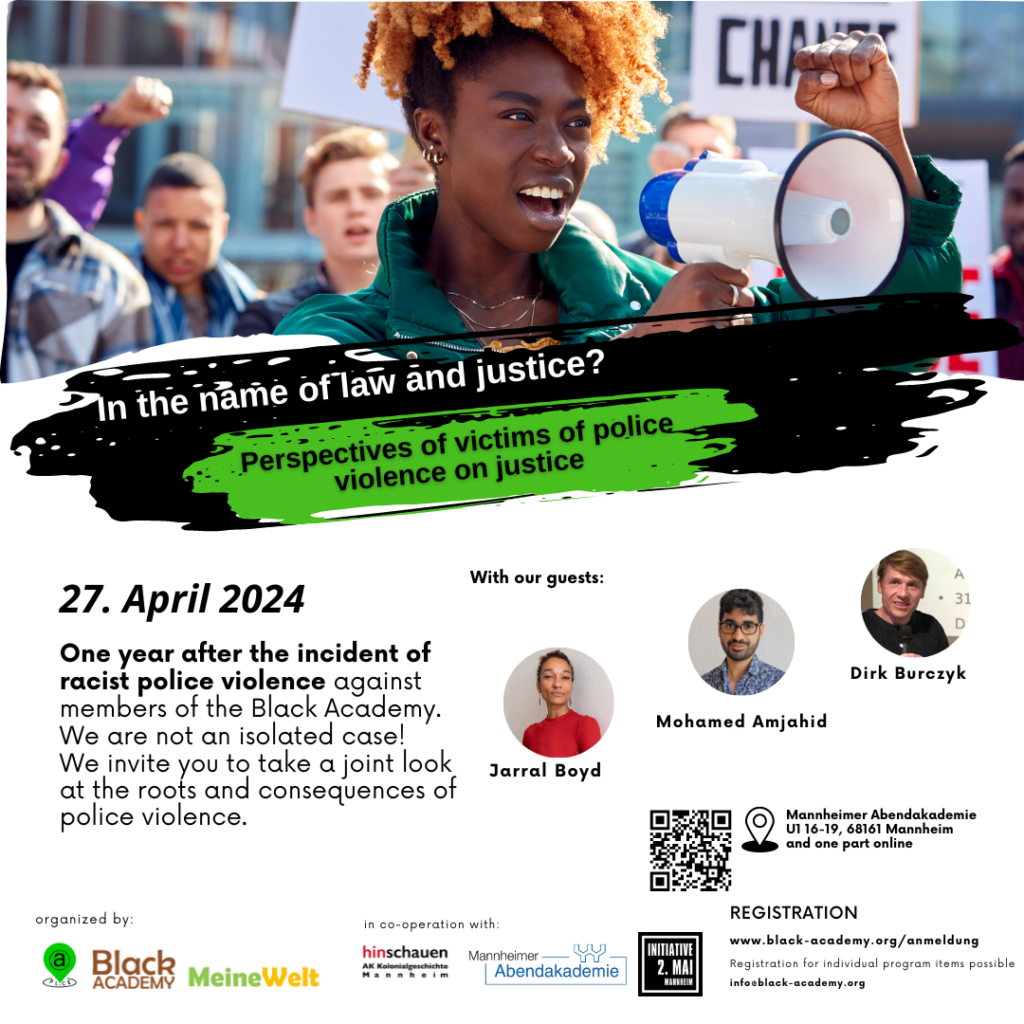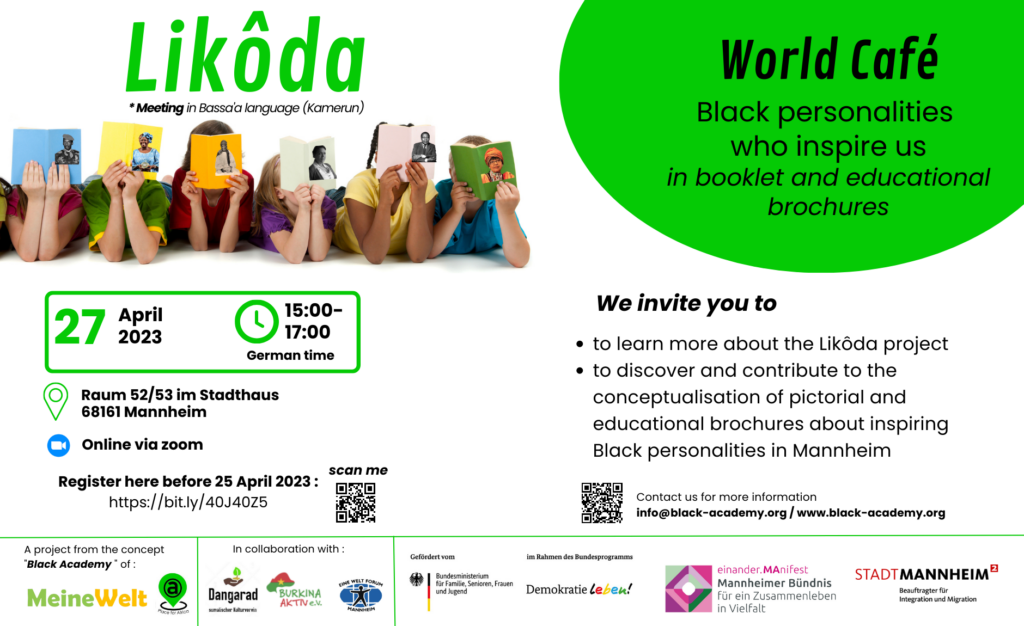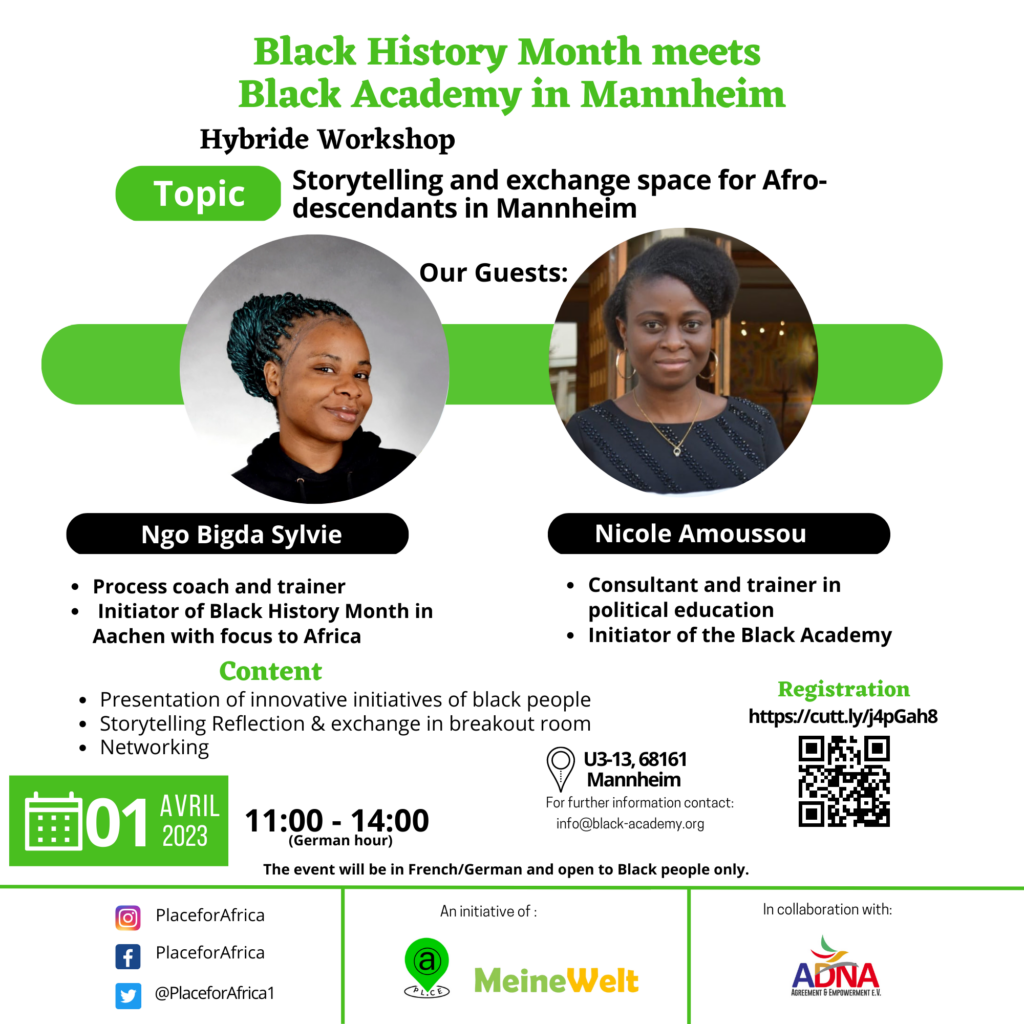It’s amazing how technology, over the years, has managed to take away what used to be our joy of life. Do you remember those games that made your childhood a magical time?
As we know so well, play is a physical or mental activity whose primary purpose is to provide pleasure. All children generally love to play: it is instinctive and natural. A parent is concerned even when a child does not play often or shows little interest in playing. A game is a major factor in a child’s growth. It contributes to their sensory, intellectual and social development and to the building of their personality. Unfortunately, over the generations, games have been digitised and have evolved by changing their form and, above all, their objective or goal. Technology and the Internet have colonised players, pushing them to abandon social games, proximity and exchange for virtual games played mostly solo at the risk of forgetting the initial essence of the game: sharing pleasure. What a pity!
In Africa in the past, before the time of the internet or technology, games were born of creativity and human contact. They allowed children to get together, to have fun, to help each other, to support each other, to confront each other, to forge and grow together. This is why traditional African societies have always prioritized and valued the group, the whole, the community, the “We”.
We should especially recognise that in Benin and in Africa, before the advent of electronic games, African children used to gather around several games that were very constructive, educational and especially very socializing: words that describe our Africa so well.
Let us recall some of the games that made the childhood of many african children a unique period. It has forged their personality while playing an essential role in the partial construction of their values and principles of life.
If you are part of this generation of children, don’t tell us that you have forgotten the kite? Its manufacture required much attention, patience and mutual aid. It was especially the moment for the child to show his creative and aeronautical talent of the time. The objective was to achieve the best in terms of quality, performance and endurance. The kite allowed to confront the best fabrications. This creates the spirit of competition between children and activates their creativity with the means at hand.
Also, remember the neighborhood soccer where any space could be used as a playground… Oh yes! And when we talk about balls, the model is sometimes far from the FIFA one. So understand that the beauty and originality of soccer was that anything could be used as a football. Recycling and engineering were the order of the day. Tennis balls, cardboard boxes, rags, notebook sheets with tape on them, etc. could be used as a soccer ball. The ball was designed by the players and every effort was made by the various teams to ensure its performance and durability on the field, which of course could be hours or days. It should be noted that this did not prevent the respect of the principles of the game. Everything was set up and everyone took their role seriously. The perception of soccer was therefore different from that of today. The little African boy only wanted to spend time with his family. In those days only boys played. Over the years, the emancipation of girls led them to the soccer field. However, they also had their own space. For the little girl, moonlight games such as tap are a game of competition and confrontation between at least two girls or two groups of girls. Still called “Bountù” in Fon and Bariba languages in Benin, tap becomes more interesting when the number of participants exceeds two. The strategy is to guess your opponent’s foot movements to win. This game was a moment of teasing between girls but also of agility and anticipation. What was most original was the atmosphere with the rhythm of songs that the girls hummed. “Bountù” develops complicity, mutual aid, patience, joy of life, solidarity and strategism. This game is often organized during the recreation and right after class. Many ladies certainly remember the long moments of games for which hours of learning were sacrificed.
The variety of games is so great that it is impossible to cover them all here. Also, many of our readers of the time will confirm that their previous socio-cultural environment depended on the games they played as children. These seemingly simple and banal board games play an important role in the socialisation of the child. The child, independently of his/her parents, creates social bonds, reinforces his/her belonging to a group, is athletic and develops a sense of community and competition. In “L’enfant noir” (The Dark Child) by Camara Laye, the author recounts the joyful moments spent dancing, swimming, hunting, and going to the fields with his friends in a village in Guinea. The daily life of most children of the time, not to say all children of the time. It goes without saying that, as they grew up, these moments forged the personality of the child who became an adult, serving as a support and probably explaining the low suicide rate at the time in our beautiful Africa.
Alas, let’s come back to reality; these games are disappearing, giving way to tablets, video games or even war games on the Internet. It is sad but we have to accept it. Nowadays, as party gifts, children receive vehicles, combat weapons, storybooks that tell about realities in Europe and elsewhere. All this incites children to reject their culture, to unimaginable vices, to loneliness. Today’s children only have eyes for a virtual world with extraordinary and often uninstructed stories. But as Chimamanda Ngozi Adichie said, “…all the books I had read had foreign characters, I had developed the belief that books, by their very nature, had to feature strangers, and had to be about things I could not identify with.”… “But the unintended corollary of these readings was that I did not know that people like me could exist in literature.” Openness to the development of an imaginary world in children to expand their creativity should not, therefore, exclude the encouragement of participation in a common life full of exchange and community activities. This helps to create a balance between the imaginary and the real so that the child does not grow up only in the imaginary. Also, as Chimamanda Ngozi has so well pointed out, it allows the child to discover himself and to forge an identity. Unfortunately, children today spend hours in front of their phones or other gadgets on which they play alone or with virtual partners. The virtual takes over the real and becomes the only factor that forges the child’s identity. What can we expect from a child who has only known solitude? Some parents are surprised by the aggressive, even selfish behavior of their children.
How many children today can participate in these different games that proudly represent our African culture? Social games are no longer as important as they were years ago. These games were played in groups or by turns, promoting loyalty, teamwork, sharing and living together.
The other very important aspect of these games is that they did not require any huge financial means unlike digital games. Just physical strength and above all, the desire, the will to have fun together, to be happy together and to share happiness, to create and innovate while practicing various physical and sports activities without knowing it. With digital games, it is as if one had to buy happiness since not all children have the possibility to have it, due to lack of financial means.
Of course, this is not to say that technological evolution is bad. But should we abandon this concept of life in favor of technology? Can’t we combine all this to individualise technology with our African engineering?
So dear relatives and friends, tell us what is special about these games for you? Are these games so old that they should be left behind? What are you doing to ensure that new generations benefit from these games? Share with us the games you loved, your favorite childhood songs and relive with us the nostalgia of a childhood full of adventures.
By Nicole AMOUSSOU, Gautier KOUDOGBO & Batista HOUESSOU










